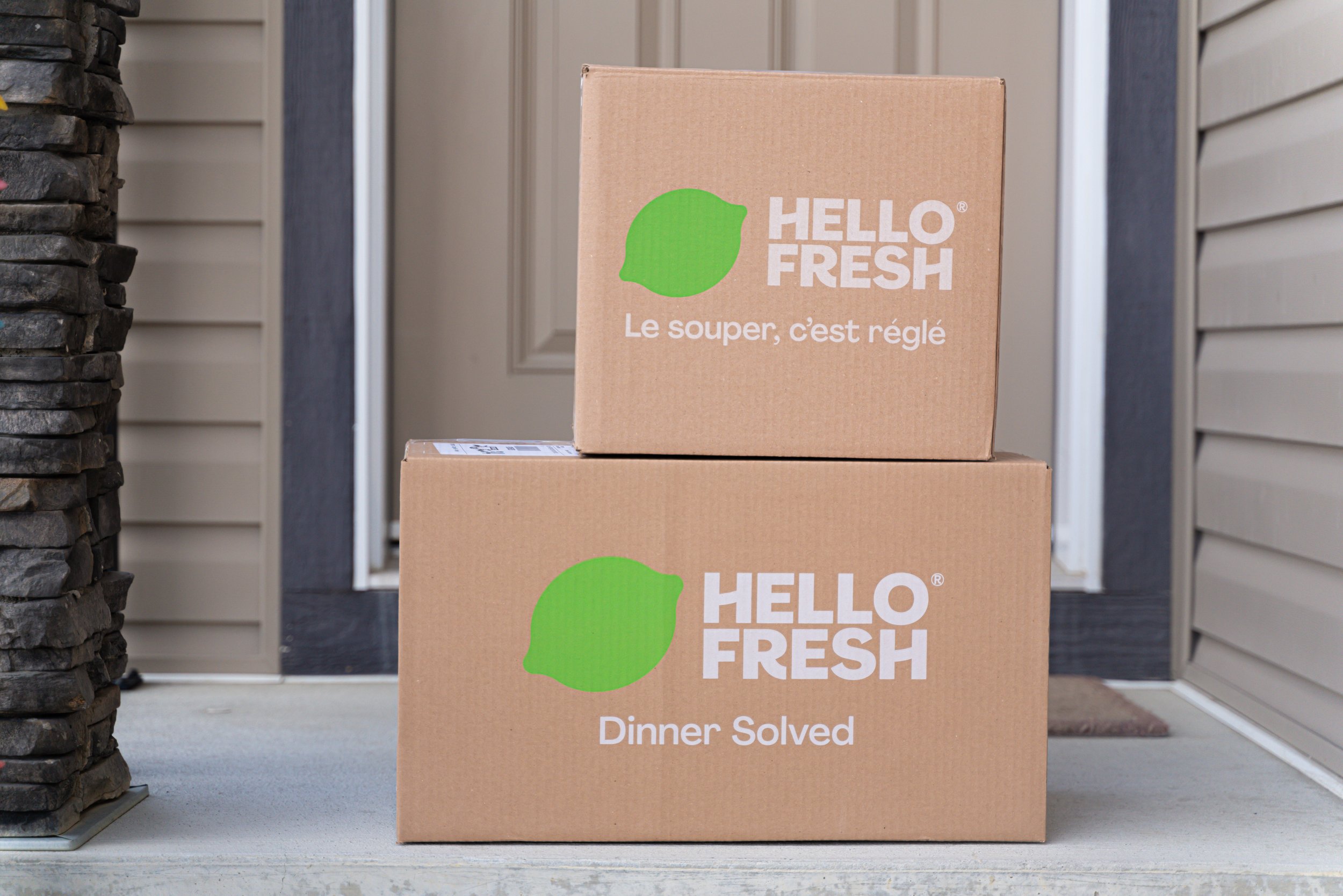3 reasons why meal kits are more efficient
Meal kits are a somewhat forgotten online grocery concept. During the pandemic, many meal kits saw rapid revenue growth.
After the pandemic, some meal kit companies, such as LMK Group, have seen drastic declines in sales. Many others have just plateaued on a higher level.
Despite the lack of discussion around meal kits, they are a very efficient way to organise online grocery retailing. Here are three main reasons why.
#1 Higher margins
The gross margins are significantly higher as meal kits sell solutions, not ingredients. HelloFresh is operating at a different margin level than its online competitors, let alone the bricks and mortar companies often mired in a “red ocean” battle for price. With recipes, the customer can only compare the prices of different recipes. Often the recipes are more or less unique. Higher margins naturally enable better opportunities to create a profitable online business.
#2 More efficient fulfilment & logistics
Many meal kit companies offer a limited service in terms of delivery windows. With limited delivery times, meal kit companies can develop the fulfilment and logistics to become more efficient than regular online grocery businesses. Finnish meal kit company Ruokaboksi has said that they can assemble up to 60 meal kits in a minute and deliver up to 10. These efficiencies are on a different level from many traditional online grocers.
These structural efficiencies (arising from a different operation model) and the higher gross margins make it easier for meal kits to reach profitability. For example, Ruokaboksi achieved profitability already at 11,7 M€ annual revenue.
EBIT margin of the leading meal kit company, Hello Fresh, is significantly higher to a leading online grocer, Ocado
#3 Less waste
With fixed recipes, customers do not see and buy impulse products they might not need. The lack of impulse products and an increase in the planning of eating will significantly influence the food waste produced by the grocery sector. According to many statistics, households generate a significant portion of that food waste. A recent survey reported by ESM Magazine argued that customers who use meal kits could waste up to 38% less food.



